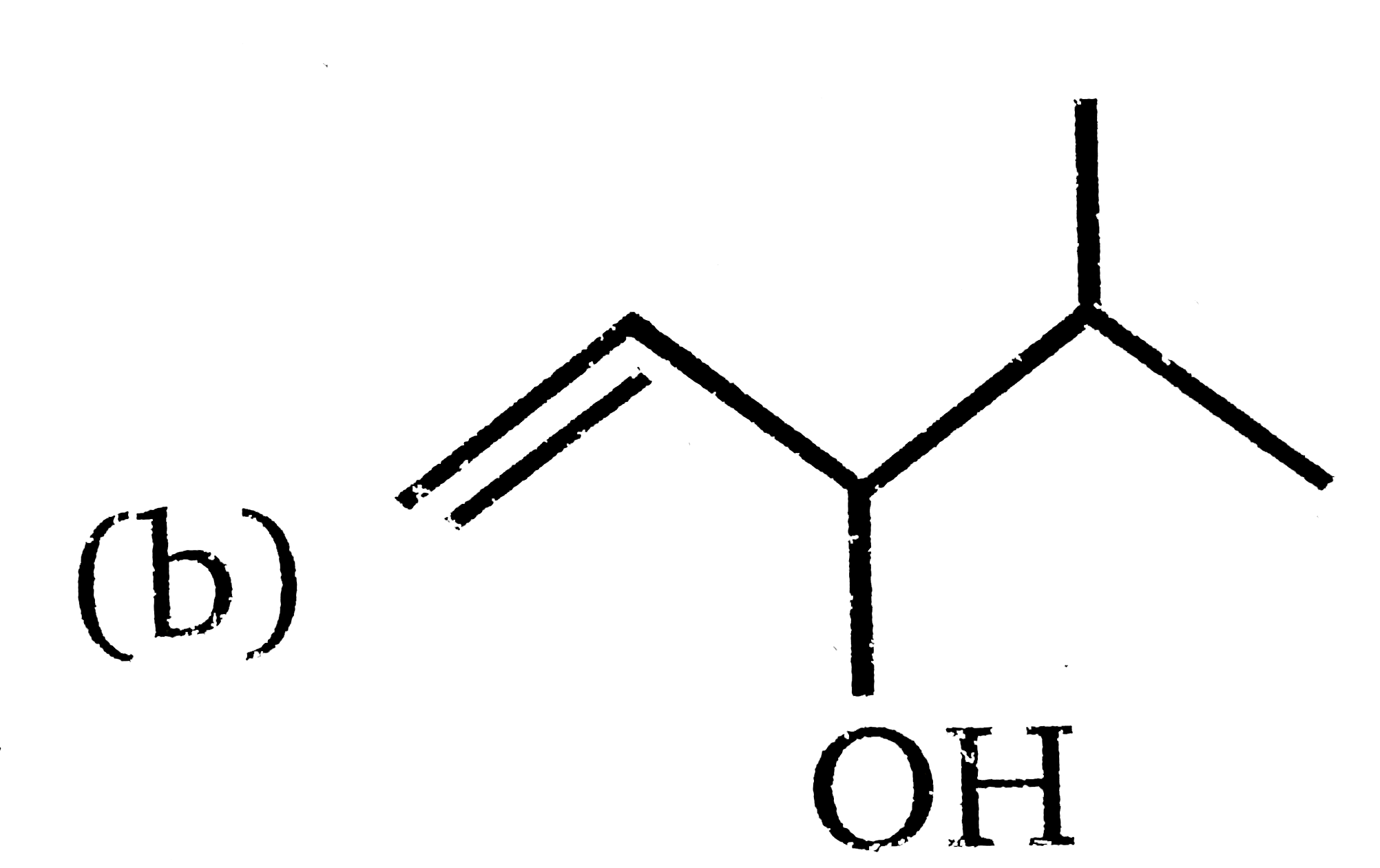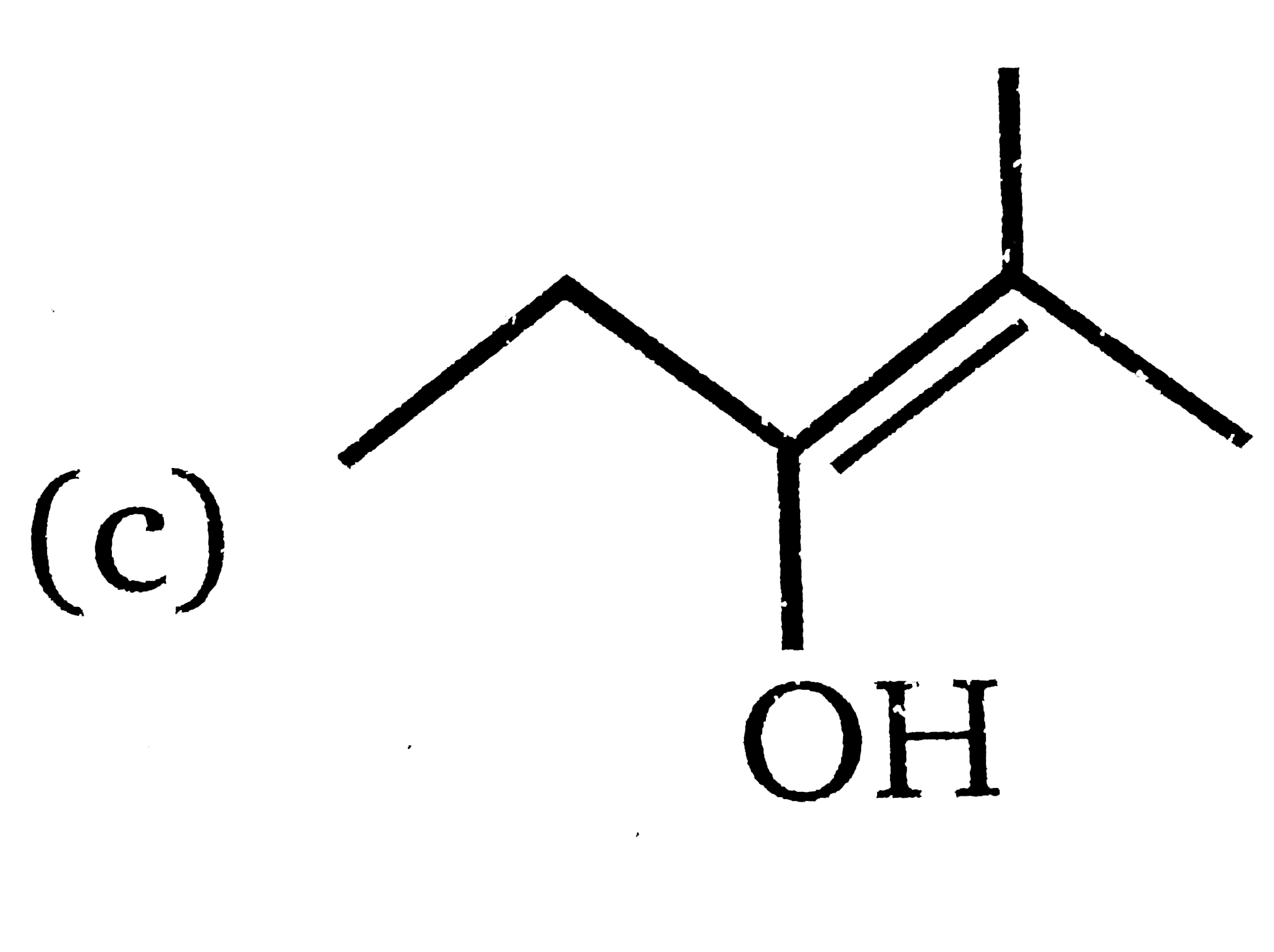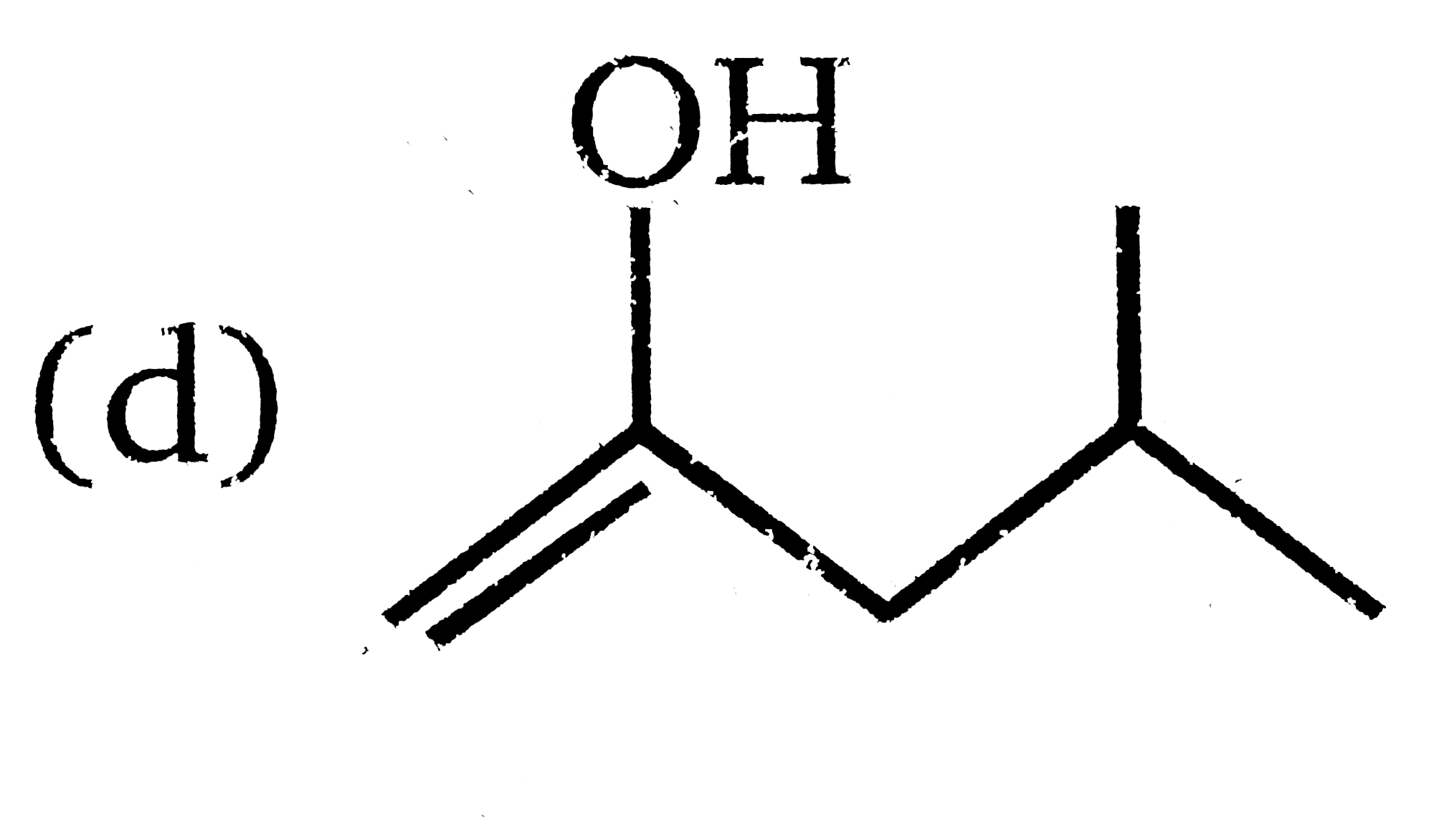Preparations of ketones
Step by step video solution for Preparations of ketones by Chemistry experts to help you in doubts & scoring excellent marks in Class 12 exams.
Updated on:21/07/2023Similar Questions
Knowledge Check
Which of the following reaction(s) is/are correct regarding the preparation of ketone?
ATreatment of acyl with dialkyl cadmium prepared by the reaction of cadmium chloride with Grignard reagent, gives ketonesBWhen benzene or substituted benzene is treated with acid chloride in the presence of anhydrous aluminium chloride , it gives the corresponding ketone, This reaction is known as Friedel-Craft acylation reactionCTreating a nitrile with Grignard reagent followed by hydrolysis yields a ketoneDAll of the aboveWhich of the following is not used in the preparation of ketone ?
AOxidation of secondary alcoholsBDehydrogenation fo 20 alcoholCPyrolysis of calcium acetateDAcid hydrolysis of alkyl cyanideWhich one of the following is the intermediate in the preparation of a ketone by hydration of an alkyne in the presence of sulfuric acid and mercury (II) sulphate?
A B
B C
C D
D
Preparation Of Aldehyde & Ketones|Preparation Of Aldehyde|Preparation Of Ketones|Summary
View SolutionMethods Of Preparation Of Ketones|Questions|Physical Properties|Summary
View SolutionExplain why dialkylcadmium is considered
superior to Grignard reagent for the preparation
of a ketone from an acid chlorine?
View SolutionPreparation of Alkenes Preparation of Alkane from Alcohol | Aldehyde | Ketone | Carboxylic Acid and Carbides | Chemical Properties reactions of Alkanes based Questions
View SolutionWhich of the following reaction is /are correct regarding the preparation of ketone?
I treatement of acyl chlorides with dialkyl cadmium prepared by the reaction of cadmium chloride with grignard reagent gives ketone.
II when benzene or substituted benzene is treated with acid chloride in the presence of anhydrous aluminium chloride it gives the corresponding ketone this reaction is known as friedel craft acylation reaction.
III Treating a nitrile with grignard reagent followed by hydrolysis yields a ketone
select the correct option
View Solution
